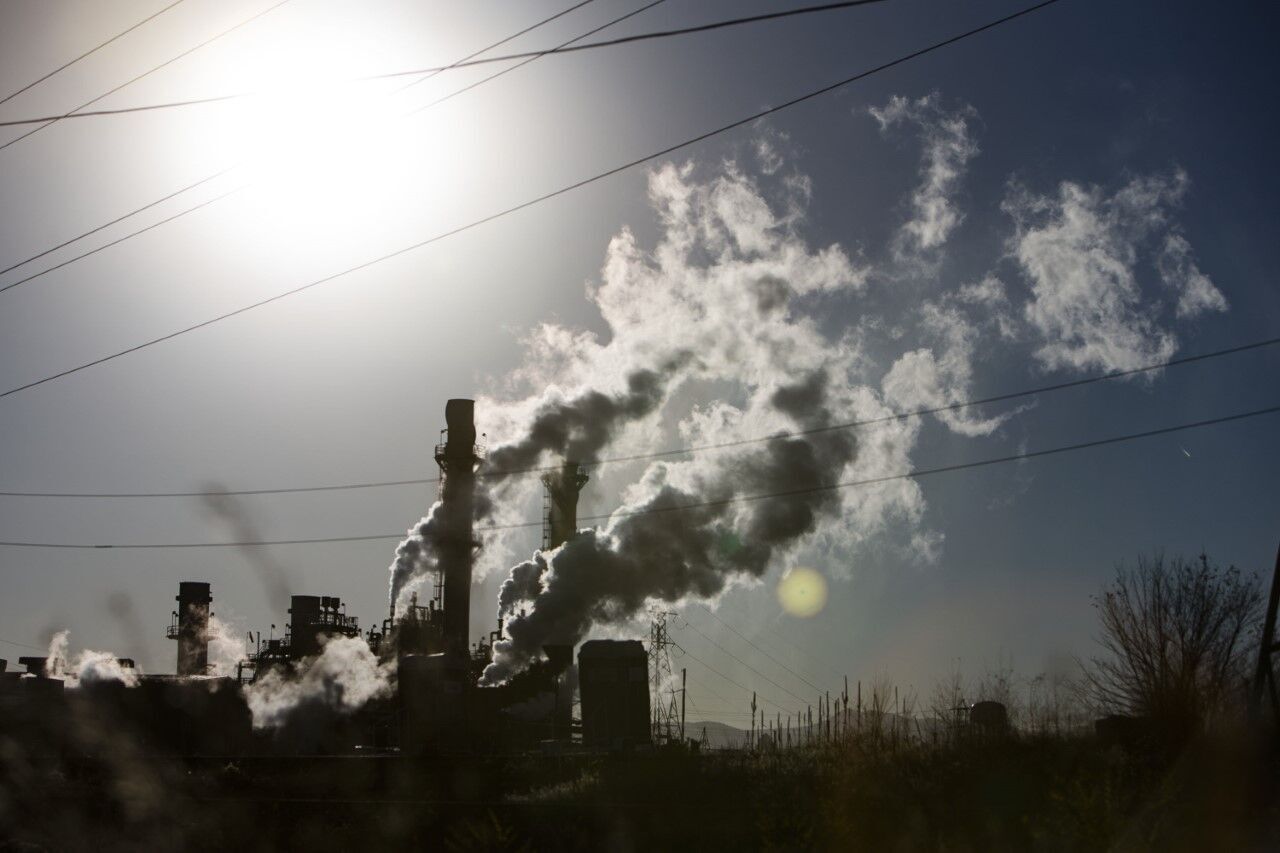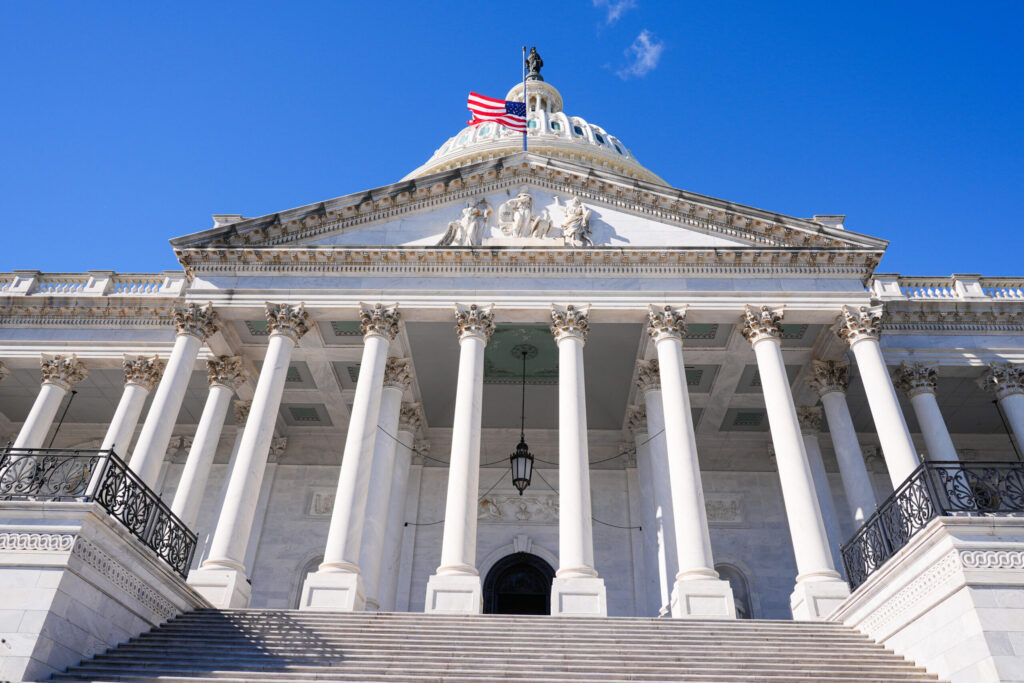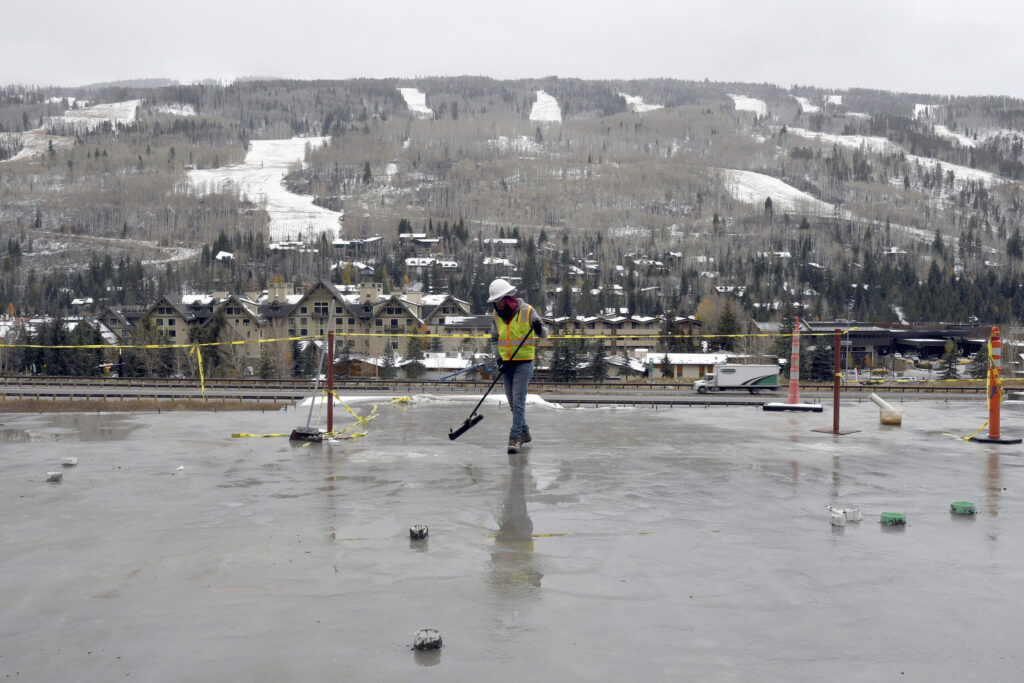Denver power plants ‘textbook examples of environmental racism,’ Sierra Club says

The Sierra Club has released a report saying two Denver power plants “are textbook examples of environmental racism since they are located in the two areas of Denver with majority Hispanic/Latino populations.”
The two plants are Xcel’s Cherokee generating plant and OnwardEnergy’s Arapaho generating plant.
“Each year, the plants spew dangerous air pollutants into surrounding neighborhoods that have a higher percentage of people of color than most of Colorado, a lower median household income, and higher overall health burdens compared to the Denver metro area,” according to the report, which the environmental organization released this week.
The second-largest power plant in Colorado, Xcel’s Cherokee generating plant is located in a heavy industrial district in Adams County. The site was far away from residential districts when it was built in 1968.
Xcel no longer owns the Arapaho generating plant, located southwest of South Santa Fe and Evans Avenue. The former coal-fired plant was demolished starting in 2016 and the site was renovated into a 50-acre greenfield lot. The lot was acquired by OnwardEnergy, which built and began operating a new combined-cycle 125-megawatt natural-gas plant in 2000 that uses both a gas and steam turbine.
In a statement, Michelle Aguayo, a spokeswoman for Xcel Energy said: “Since 1995, through initiatives the Sierra Club and other key stakeholders supported, we have reduced emissions from Arapahoe and Cherokee by more than 90%, including emissions of nitrogen oxides, sulfur dioxide and mercury. We report emissions from our power plants annually and this information can be found in both state and federal databases.”
“These plants are critical to maintaining grid stability and reliability for the customers we serve in the Denver Metro area, especially as we add more renewable energy to the system,” Aguayo added. “Premature retirement of these plants would impose significant costs on our customers, reduce our ability to deliver renewable energy to our customers, and make it harder to maintain reliability.”
Attempts to reach OnwardEnergy for comment were unsuccessful.
In its 2020 air quality report, the state Air Pollution Control Division said there were no violations of the Environmental Protection Agency’s particulate limits in the Denver Metro/Northern Front Range counties, and said there were no “exceedences” of sulfur dioxide limits at any of Colorado’s four monitoring stations, one of which is in downtown Denver.
Nor were there above-limits nitrogen dioxide concentrations in 2020 in the Denver Metro/Front Range region, the state agency reported.
Neither plant has burned coal since 2017 and the state report says “the concentrations of sulfur dioxide in Colorado have never been a major health concern as there are few industries that burn large amounts of coal in the state. Additionally, western coal that is mined or imported into Colorado is naturally low in sulfur.”
Since 2005, with the exception of ozone, which is mostly caused by automobile exhaust emissions, none of the pollutants mentioned in the Sierra Club report have exceeded national ambient air quality standards and have remained well below those limits, the Air Pollution Control Division reported.












